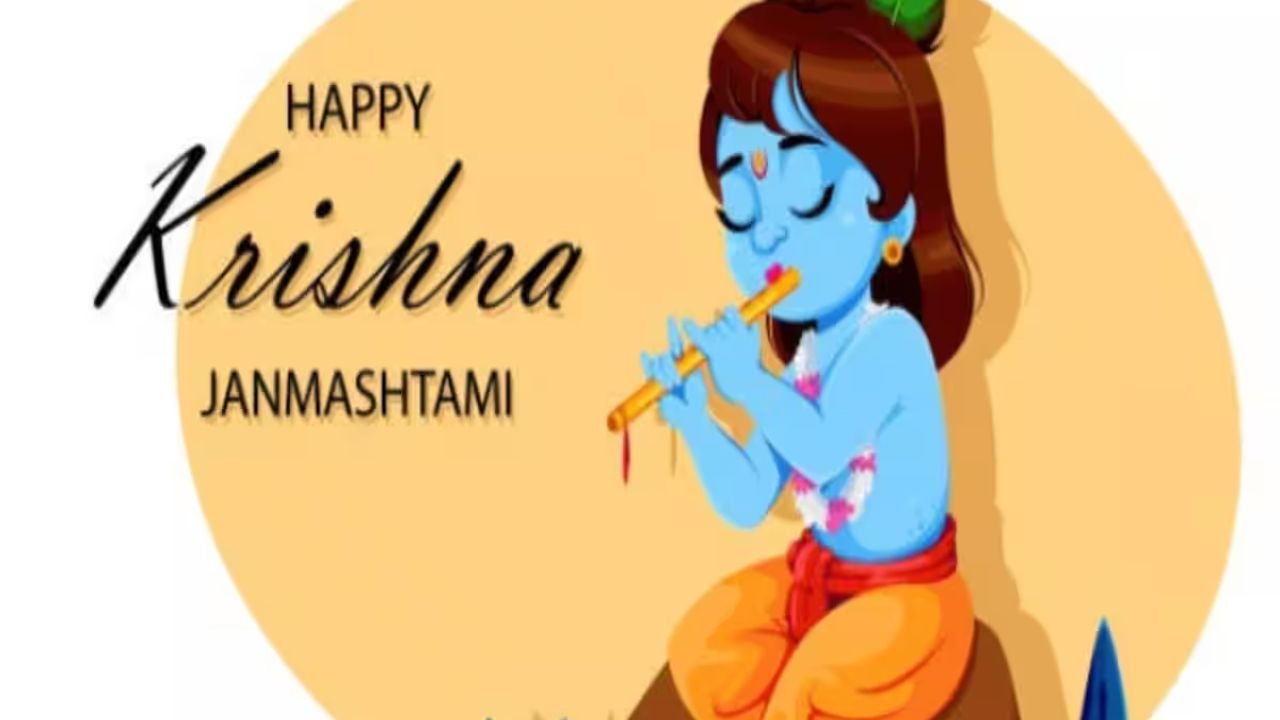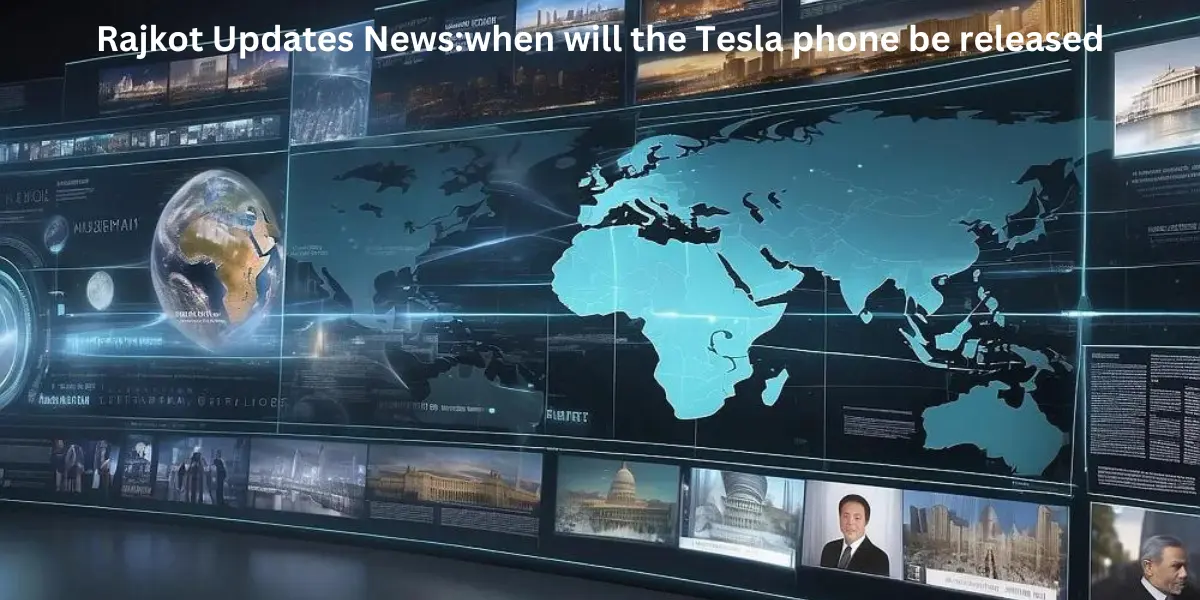Janmashtami 2024 is celebrated with great interest and range throughout India. In Mathura, the birthplace of Lord Krishna One of the most beautiful and famous festivals in India, also known as Gokul Ashtami, is an important Hindu festival across India and by Hindu people around the world. It makes the birth birthday of Lord Krishna, the 8th avatar of Lord Vishnu, who is most beautiful as a symbol of love.
Janmashtami 2024 falls on August 26th Monday, and supporters are celebrating this hopeful time with many rituals, and prayers. The most beautiful celebration of Janmashtami 2024 starts on the night before the Janmashtami 2024 festival, with the bhajans kirtans.
What is Janmashtami 2024
The Janmashtami 2024 festival also known as GokulAshtami, is every year Hindu festival celebrated to the birth of Krishna Janmashtami 2024. According to the Hinduism calendar, its waterfalls on the 8th day of Ashtami in the calendar month of Shravana. usually links to August or September.
Janmashtami 2024, Gokul Ashtami will be famous on the 26th of August, Monday. This festival powers that be meaning for Hindus, and it is applied as a holiday in many silent and public governments Supporters include in many formalities, prayers, and celebrations to detect the birth of Lord Krishna during this positive time.
The Significance of Janmashtami 2024
Janmashtami 2024 holds huge significance in Hindu tradition and custom. Lord Krishna is believed to have fallen away to Earth to free it of criminal forces and return justice dharma. His life and traditions, as represented in the blessed text of the Bhagavad Gita, continue to motivate millions of people internationally. Janmashtami 2024 helps as a notice of his godlike presence and pieces of knowledge, highlighting the importance of justice, devotion, and the victory of good over criminal hope for a bright future.
History of Janmashtami 2024
Janmashtami 2024, a Hindu festival celebrated crossways India, marks the birth of Lord Krishna, the 8th avatar of Vishnu.
- Its background suggests back to early sacred scripture like the Bhagavad Gita and the Bhagavata Purana. The history of Janmashtami 2024 can be traced back to the early Vedic time when Krishna was already a god.
- The festival is open in the Mahabharata, one of the most significant Hindu classics. The Mahabharata expresses the story of Krishna’s life and routines, plus his birth and childhood, and popularly the original known celebration of Janmashtami was thought in the 2nd century.
- According to early texts like the Bhagavad Gita and the Bhagavata Purana, Lord Krishna was born over 5,000 years ago in Mathura, a city in present-day Uttar Pradesh, India. His birth was predicted as a means to the world of evil and found justice. This celebration was held in Mathura, the city where Krishna was born.
- The festival was marked by festivities such as fasting, and chanting. Celebrations include fast, vocal religious songs, and reforms of Krishna’s infant stories.
- Temples are decorated with plants, and supporters gather for prayers and rituals. Dahi Handi, where the human is formed to break pots of curd drooped high, represents Krishna’s playful wildlife. Janmashtami 2024 adopts divine dedication and supports the significance of godlike beauty in Hindu culture.
Rituals and Traditions:
The celebrations of Janmashtami 2024 begin with devotees seeing fasts, attractive in prayers, and chanting songs in approval of Lord Krishna.
- Temples and homes are decorated with colorful decorations, and idols of Lord Krishna, showing him as a child of Bal Gopal, are lovingly dressed and placed in supports. The day is obvious by decorative puja worship rituals, which include gifts of flowers, fruits, sweets, and other delicacies to the idol.
- One of the highlights of Janmashtami 2024 is the nighttime celebration, known as Nanda Utsav, which observes the careful moment of Lord Krishna’s birth.
- Supporters fold at temples and homes, singing prayerful songs (bhajans) and delivering ways from the Bhagavad Gita. The air is filled with blissful songs of “Hare Krishna” and the sound of shells, drums, and bells, creating a feeling of godly blessing.
- Another popular tradition related to Janmashtami is the Dahi Handi or Matki Phod festival, which is the playful and playful nature of young Lord Krishna.
- Members form human scope and break stone jars filled with curd, butter, and other delicacies, representing Krishna’s love for dairy products and his fabulous antics of butter as a child.
Celebrations Across India
Janmashtami 2024 is celebrated with great interest and range throughout India. In Mathura, the birthplace of Lord Krishna, and Vrindavan, his childhood house, cultural presentations take place, attracting thousands of travelers and tourists. Gujarat, the state of Krishna’s substitute parents, decorative dances such as the Raas Leela show acts from Krishna’s life.
Maharashtra, the festival is known as Gokul Ashtami or Dahi Handi, and high human pyramids contest to break down the put-off jars, ringing the soul of accord, cooperation, and victory over challenges. In South India, temples are decorated with perfumed flowers, and religious music fills the air.
CONCLUSION
Janmashtami 2024, also known as Krishna Janmashtami 2024 and Gokul Ashtami, is an important Hindu festival celebrating the birth of Lord Krishna, falls on August 26th, Monday, and is famous for extreme rituals in Hindu the world. The festival is important in Hindu tradition, representing the victory of good over evil and helping justice, dedication, and love.
Janmashtami is a festival full of celebrations such as fasting, chanting, and celebrations that take in fasts, blessed songs, and repeating Krishna’s stories. Across India, celebrations vary from Mathura to Maharashtra, with cultural performances, dances, and the breaking of Dahi Handi pots.



